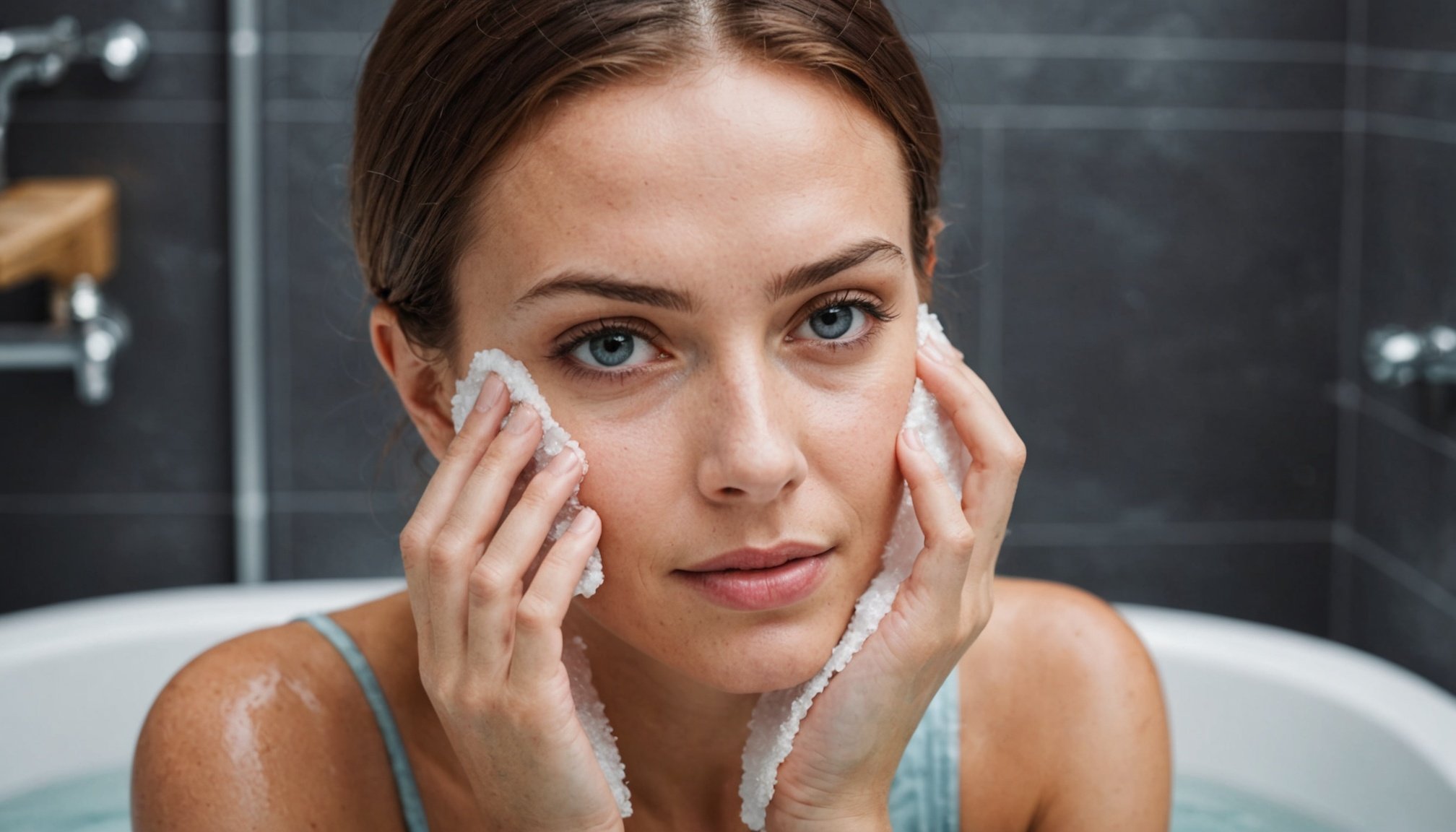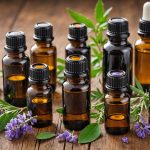Understanding Hard Water and Its Impact on Skin
Hard water is water that contains high concentrations of minerals, such as calcium and magnesium. These minerals lead to a variety of issues for skin health. When hard water is used for bathing or washing the skin, it can leave behind mineral deposits, which over time, cause the skin to become dry and irritated. In more extreme cases, it may exacerbate conditions like eczema and acne.
In particular, when soap or cleansers interact with these minerals, they form insoluble salts, making it difficult to rinse thoroughly. This results in a residue that can clog pores and reduce skin’s natural moisture retention, worsening skin health overall.
In parallel : Discover the Definitive Red Lipstick Guide for Perfect Festive Glam
Statistics indicate a significant prevalence of hard water in the UK, affecting a large portion of its residents. According to studies, over 60% of homes in the UK have hard water, leading to common dermatological complaints among the population.
Understanding the impact of hard water on skin is crucial. It helps in selecting appropriate skincare routines and products designed to mitigate these adverse effects, like pH-balanced cleansers and effective moisturizers.
Additional reading : Stylish Jumpsuit Ideas for a Summer Wedding: The Ultimate Guide to Standout Looks
Practical Tips for Protecting Your Skin
Navigating a skincare routine amidst hard water challenges requires strategic choices. A critical step is selecting the right cleanser. Opt for pH-balanced and sulfate-free formulations. These help maintain your skin’s natural barrier without exacerbating dryness. Brands like CeraVe and La Roche-Posay offer effective options tailored for hard water conditions. Consider pre-cleansing as well, which aids in removing mineral residue before the main cleanse.
Choosing the Right Cleanser
Pre-cleansing with micellar water or light oils can dissolve remnants of minerals left by hard water. Besides, investing in a moisturization strategy is vital. Look for moisturizers enriched with ingredients such as glycerin and ceramides. These components act like a shield, locking in moisture and enhancing skin resilience.
Effective Moisturization Strategies
Furthermore, using water softeners and shower filters can markedly reduce hard water exposure. Traditional water softeners typically exchange calcium and magnesium ions for sodium, effectively mitigating the harshness of the water. Meanwhile, shower filters offer a more accessible solution, filtering out minerals directly at the point of use. Embrace these adjustments to forge a skin-friendly environment.
Lifestyle Changes to Support Skin Health
Adopting lifestyle changes can significantly improve skin health, especially in regions with hard water. One of the primary considerations is maintaining hydration. Consuming adequate water supports the skin’s natural barrier and enhances resilience against mineral deposits left by hard water. Hydrating habits are crucial as they help maintain moisture, countering the drying effects of mineral interactions on the skin.
In addition to hydration, dietary choices impact skin health. Foods rich in omega-3 fatty acids, such as fish and walnuts, provide essential nutrients that promote a healthy complexion. Meanwhile, reducing processed sugars and caffeine can also aid in minimizing skin irritation.
Stress management is another critical factor. Activities like yoga and meditation can reduce stress levels, benefiting overall skin condition. Stress often exacerbates skin issues like acne and eczema, especially in combination with the irritating effects of hard water.
Incorporating regular exfoliation into your routine is beneficial. It removes dead skin cells and any lingering mineral residue, allowing moisturizers to penetrate more effectively. Choose gentle exfoliants to prevent over-stripping, as harsh scrubbing can accentuate skin problems.
Expert Insights and Testimonials
Understanding how hard water effects the skin often involves consulting professionals and hearing real-life experiences. Dermatologists emphasise the need to adjust skincare routines accordingly. Dr. Jane Harper suggests selecting products that bolster skin health against hard water’s minerals by incorporating niacinamide and hyaluronic acid into daily routines. These ingredients combat dryness and irritation effectively.
Testimonials from UK residents highlight transformative changes. Melissa, a London resident, shared how switching to a pH-balanced cleanser and installing a shower filter significantly improved her eczema symptoms. Her skin became more resilient and less prone to flare-ups.
Recent studies also underscore a widespread concern. Results from a 2023 survey indicate that 70% of individuals living in hard water areas noticed a marked decline in skin health. Such evidence supports the push for more accessible skincare tips targeted at these populations.
In light of these insights and testimonials, awareness and mindful selection of products seem to be potent strategies in preserving skin integrity amidst challenging conditions. Readers are encouraged to speak with skincare professionals and explore solutions tailored to their specific needs.
Recommended Products for Hard Water Areas
Navigating skincare in hard water regions can be challenging, but the right skincare products can help mitigate its effects. Selecting formulations that counteract mineral buildup ensures healthier skin.
Top Cleansers and Soaps
For effective cleansing, seek products that specifically target hard water issues. La Roche-Posay and Cetaphil offer cleansers praised for their ability to gently remove mineral deposits without hindering skin health. Natural alternatives, such as soap nuts, are also beneficial; these provide a gentle cleanse while maintaining pH balance. Both commercial and natural options can cater to varied skincare preferences without compromise.
Effective Moisturizers
Moisturizers are key in defending against the drying effects of hard water. Opt for those with glycerin or ceramides, such as those by CeraVe or Aveeno. These brands are noted for locking in moisture, thus enhancing skin resilience. Budget and premium options are available across the UK, making them accessible to many.
Add-On Treatments
Serums and treatments incorporating niacinamide or hyaluronic acid can effectively counteract hard water’s impact. Consider using occlusive agents, like squalene oil, to lock in moisture and bolster your skincare routine against mineral interference. Such treatments complement regular care practices, offering an added layer of protection.











